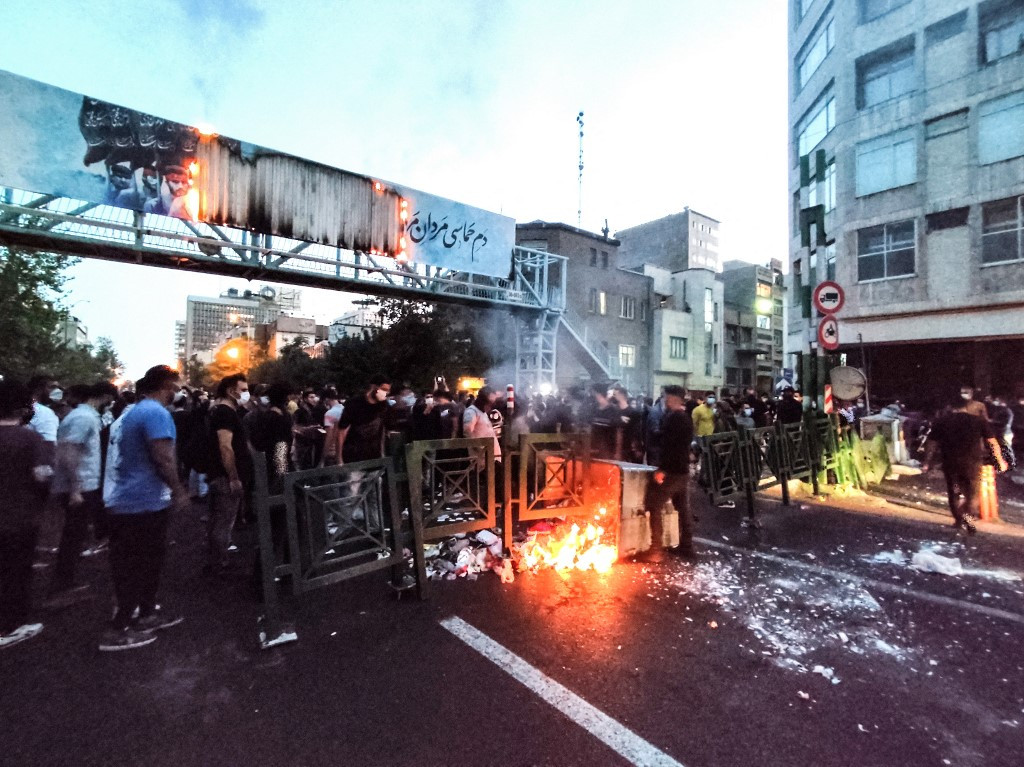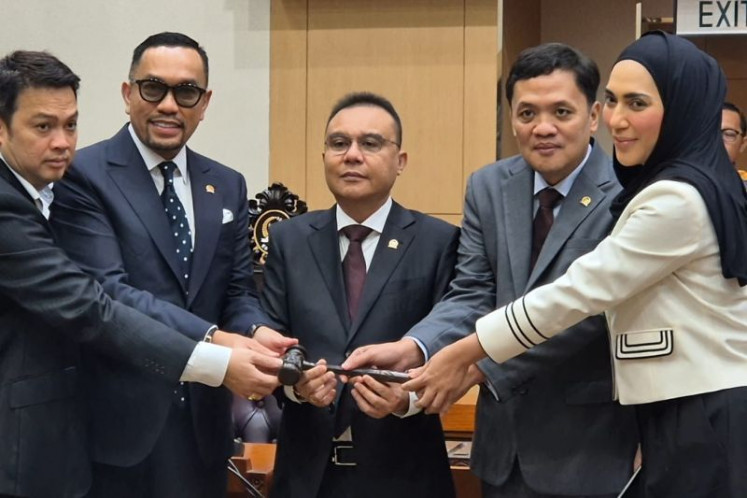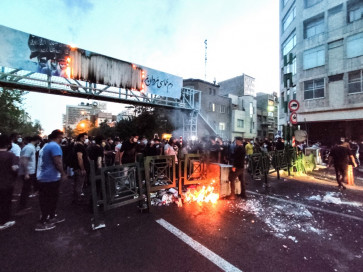Popular Reads
Top Results
Can't find what you're looking for?
View all search resultsPopular Reads
Top Results
Can't find what you're looking for?
View all search resultsIran’s situation is a warning against hijab mandates, experts say
They are calling for the continued preservation of democracy and feminist movements as a means to strengthen women’s rights and safety upon reflecting the death of Amini, a 22-year-old woman who died shortly after being captured by the Iranian moral police for “improper” wearing of the hijab.
Change text size
Gift Premium Articles
to Anyone
E
xperts, activists and researchers have warned that the persisting trend of wardrobe policing and mandatory hijab rules in Indonesia is “dangerous” and potentially deadly as protests over Mahsa Amini's death spread over the weekend in universities across Iran.
They are calling for the continued preservation of democracy and feminist movements as a means to strengthen women’s rights and safety upon reflecting on the death of Amini, a 22-year-old woman who died shortly after being captured by the Iranian moral police for “improper” wearing of the hijab.
Amini’s death has triggered one of Iran’s largest protests in at least 13 years, with thousands rallying in defiance of the Tehran government. With police cracking down on protests, hundreds have died over the past weeks.
That the case of religious wardrobe policing could turn bloody and possibly threaten a regime should be noted by Indonesia, experts said in a webinar on Thursday. They argued that many parallels can be drawn between the incident in Iran and the increasingly repressive social trend -- one of discrimination against unveiled women and girls -- in Indonesia.
“Though the [Amini’s] case did not happen in Indonesia, we do not live in an isolated world. Everything is interconnected, especially considering that both countries are Muslim-majority,” said feminist writer Julia Suryakusuma.
Neng Dara Afifah, a lecturer at the Nahdlatul Ulama University and self-proclaimed “Muslim feminist”, explained that Indonesian college students started to wear the hijab in larger volumes starting in the ‘90s due to excitement over a new Islamic intellectual movement brewed by the 1979 revolution in Iran.
But, decades later, the intellectual element of hijab-wearing has seemingly worn off, said Neng Dara, as state or institutional mandates started using the religious veil as a tool of uniformity instead of the women’s personal choice.



















